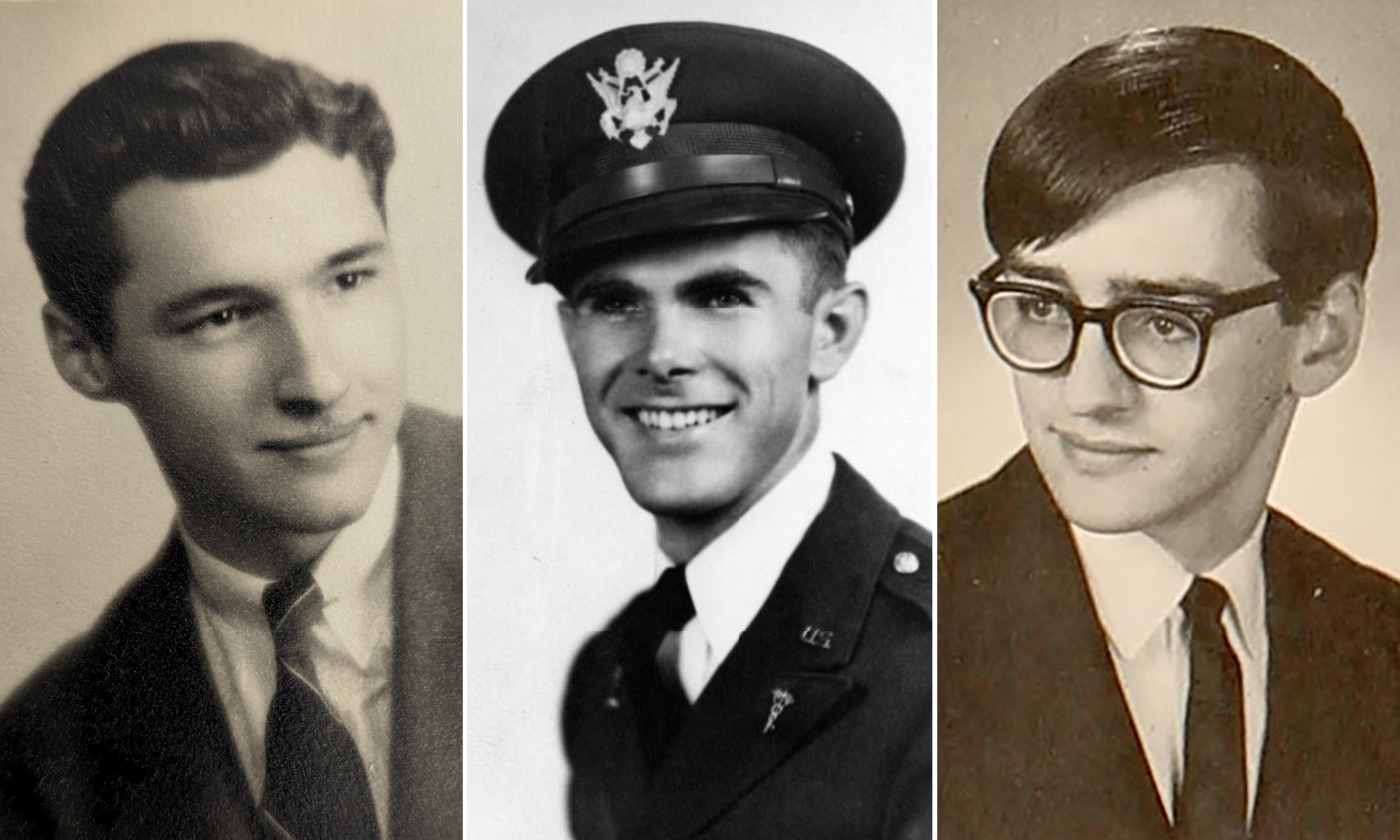Late in Don Quixote, the 17th-century Spanish novel by Miguel de Cervantes, the protagonist tells his faithful squire, Sancho Panza, how wise he has become over the course of their travels. The squire agrees. The two, though vastly different, have learned much from each other.
Ryan Prendergast likes to cite the story, and not just because Don Quixote, widely considered the first modern novel, is his favorite book and the subject of a course he teaches at the University of Rochester.
“That reciprocal relationship is how I view my approach to undergraduate teaching,” the associate professor in the Department of Modern Languages and Cultures says. “My goal is to both teach and learn from my students, while encouraging them to teach—and learn from—each other.”
What Students Are Saying
“Professor Prendergast’s passion for Spanish and the unique classes he offers are second to none. It takes a special person to get a group of young adults excited to read and study 16th-century Spanish literature. You could compare it to reading Shakespeare, but in another language. He’s a perfect example of a professor who makes the University of Rochester such a unique and enriching place to learn.”
—Jonathan Bearden ’20
“Professor Prendergast encourages students to think deeply, ask questions and contribute answers, and discuss difficult topics with varying perspectives. His dedication to teaching important concepts over textbook facts shines through in the thoughtful conversations held with his students and the lessons each of us takes with us long after the semester is over.”
—Erin Toohey ’21
“Professor Prendergast has a deep commitment to his students. From holding extended office hours to sending late-night emails with articles his students might find interesting, he ensures that each student is not just a member of his classroom, but also a part of his everyday thoughts.”
—Julian Maceren ’20
Prendergast grew up in Lyndhurst, New Jersey, and initially wanted to be a high school English teacher. “But as I learned more interesting things about Spanish literature in college and saw what a university professor could do, I decided to pursue that,” he says.
After taking an elective course on Don Quixote his final semester as an undergraduate at Rutgers University–New Brunswick, he decided to specialize in early modern Spanish literature. He stayed at New Brunswick for a master’s degree, then went on to Emory University to complete a doctorate.
Since he began teaching at Rochester in 2003, he has taught the course Don Quixote: The Book, the Myth, the Image every few years. His other courses address the literary and cultural production of early modern Spain. One course is titled Reading Fables, Telling Tales in Medieval and Early Modern Spain.
“I try to show the points of contact with 21st-century society—dealing with issues of race, religion, identity, and social class,” he says. “These are themes we see across the centuries, so when we discuss certain literary texts, I ask students to consider the resonances of the topics in their everyday lives.”
Prendergast has long volunteered his time serving on the Campus Evaluation Committee for the Fulbright US Student Grant competition. The committee nominates and endorses Rochester students and recent alumni for the competition, which offers college graduates opportunities for study, teaching, and research abroad. “The Fulbright Program encourages students to continue their education beyond the classroom, beyond Rochester, and beyond the boundaries of the United States,” he says. “It’s something I’m very passionate about.”
Prendergast says he has a “collaborative” teaching style. With few exceptions (Don Quixote being one of them), his courses are conducted entirely in Spanish, turning “content” courses into “language” courses, insofar as students refine their grammar and improve their reading and writing skills.
“My philosophy is, we should give students the input and tools to be able to produce knowledge on their own,” he says. “In my most advanced classes, I seek to make my role such that my students could eventually hold a class without my speaking a word. To do this requires a progressive loosening of the reigns so that students become more responsible for their own learning.”
In 2005, to commemorate the 400th anniversary of the publication of Part 1 of Don Quixote, the Friends of the Library purchased a rare illustrated edition of the book. This and other rare editions allowed students, through interaction with actual objects, to see how manuscript and print culture developed. “They gain an appreciation for paper, binding, illumination, and different reading practices,” he says. “They learn how the advent of the movable type printing press was similar to the creation of the internet in terms of the dissemination or control of information.”
In 2016, students worked with the River Campus Libraries’ Department of Rare Books, Special Collections, and Preservation to create an exhibition of images from various rare editions. They engaged in analytical interpretations of the illustrations, practiced concise critical writing, guest-curated an exhibition, and participated in a public event requiring group oral presentations. The students worked in small groups, and to ensure an equitable distribution of labor, they graded both the other members of the group and themselves. It remains one of the highlights of Prendergast’s distinguished teaching career.
“When I learn something from my students, or they spark an idea that allows me to better communicate or understand something, I walk away energized,” he says. “That’s when balloons drop from the ceiling—at least in my head—and I know I’ve accomplished something.”




